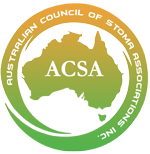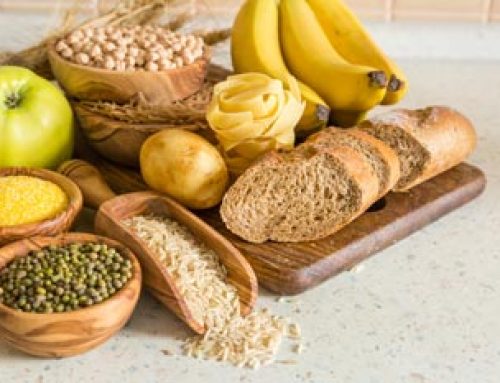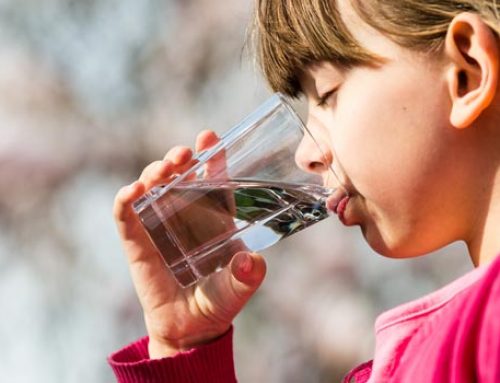Ileostomy diet, fluids, output and medications
- You do not need a high fibre diet when you have an ileostomy
![AS10159591-[Converted]](https://australianstoma.com.au/wp-content/uploads/AS10159591-Converted.gif) You do need more water and other fluids than you did before
You do need more water and other fluids than you did before- You may need to have smaller, more frequent meals
- You will need to chew your food well
- You will need to increase your salt intake
- Check with your Doctor or Stomal Therapy Nurse that your tablets will dissolve before reaching your ileostomy bag
Ileostomy output – what to expect
Your ileostomy output should become the consistency of “baby food” or “soft mashed potato” when you are eating and drinking to meet the needs of your body. Why? The function of the large bowel is to reabsorb the fluid in small bowel (ileum) contents, so when your large bowel is removed or is being bypassed, this cannot take place. Thus fluid is lost through your ileostomy. You therefore need to take in more fluid and “electrolytes” (salts) to make up for this loss.
What to drink
You will need to drink approximately 2 Litres per day and even more if it is hot and humid or you are working hard and sweating a lot.
Discuss this with your Doctor, Dietitian or Stomal Therapy Nurse if you have a medical condition that affects the amount of fluid you are allowed to drink e.g. a heart condition or kidney disease
- Drinks you can have:
- Water
- Electrolyte fluids e.g. Hydrolyte, Repalyte, Gastrolyte, Sqwincher
- Sports drinks e.g. Gatorade, Powerade (limit the amount, as these drinks are high in sugar)
- Fruit juice – can be high in sugar
- Tea and coffee, diet cordial – ordinary cordial is high in sugar
Medications / tablets:
Do not take any slow release, enteric coated or sugar coated tablets. The medication will not be absorbed, as these tablets are meant to dissolve in the large bowel – they will come into your bag looking just like they did when you swallowed them and are therefore ineffective
Discuss any medications you are on with your Doctor, Pharmacist or Stomal Therapy Nurse
Red Alert: Electrolyte Imbalance
If you feel unwell, have a headache or are dizzy, have a dry tongue, concentrated urine or cramps you may be dehydrated and missing some electrolytes – you need to eat something high in salt and drink more fluid other than water. Examples are:
- Potato crisps
- Cup of soup or canned soup
- Preserved foods e.g. ham and silverside
- Products that come in a packet or tin
- Salt tablets
Foods:
Ensure adequate protein intake to build and repair muscle:
- Meats e.g. beef, lamb, pork, chicken, fish
- Eggs and dairy products – milk, cheese, yogurt
Tip: To help recovery after your operation you can add extra protein by using 1 tablespoon skim milk powder in milk drinks and also added to some foods or soups. Sustagen or Ensure may also help to build your strength
Controlling your output:
If your ileostomy output is watery you can thicken it up by:
- Mixing 1 teaspoon of Psyllium Husk or Metamucil in 1 tablespoon of water and drink quickly before it swells – the Psyllium / Metamucil will swell around your food or drink and help to thicken the output that comes into your bag. (You can buy Psyllium in the health food or cereal sections of the supermarket – it is much cheaper than buying Metamucil)
- Use Gastrostop (break the capsule open), Imodium or Codeine Phosphate as prescribed by the Doctor to help thicken the output
- Eat smaller meals more often
- Add more salts or electrolyte drinks
- Call your Stomal Therapy Nurse or GP if you have a concern
- Call your Doctor or go to the hospital if your ileostomy does not work for 6 hours, you have abdominal pain or start vomiting
“”Source: Prepared by the Australian Association of Stomal Therapy Nurses Inc. Education and Professional Development Committee, www.stomaltherapy.com



